It’s half past three in the morning and I’ve been awake for an hour, since the night-time silence was broken by the loud chatter of a group of students gathered in the street below my flat.
I’m used to these interruptions and, generally, I fall quickly back to sleep but, this time, I’ve been ambushed by memory. Shortly after I wake, my brain reminds me of something I said to a girlfriend’s parents at the age of 17, in 1987. I cringe so hard it feels like my body could fold in on itself like a deckchair.
Then, my brain tells me that if I think that was embarrassing, what about this? I end up picking my way through a litany of long-past moments of shame.
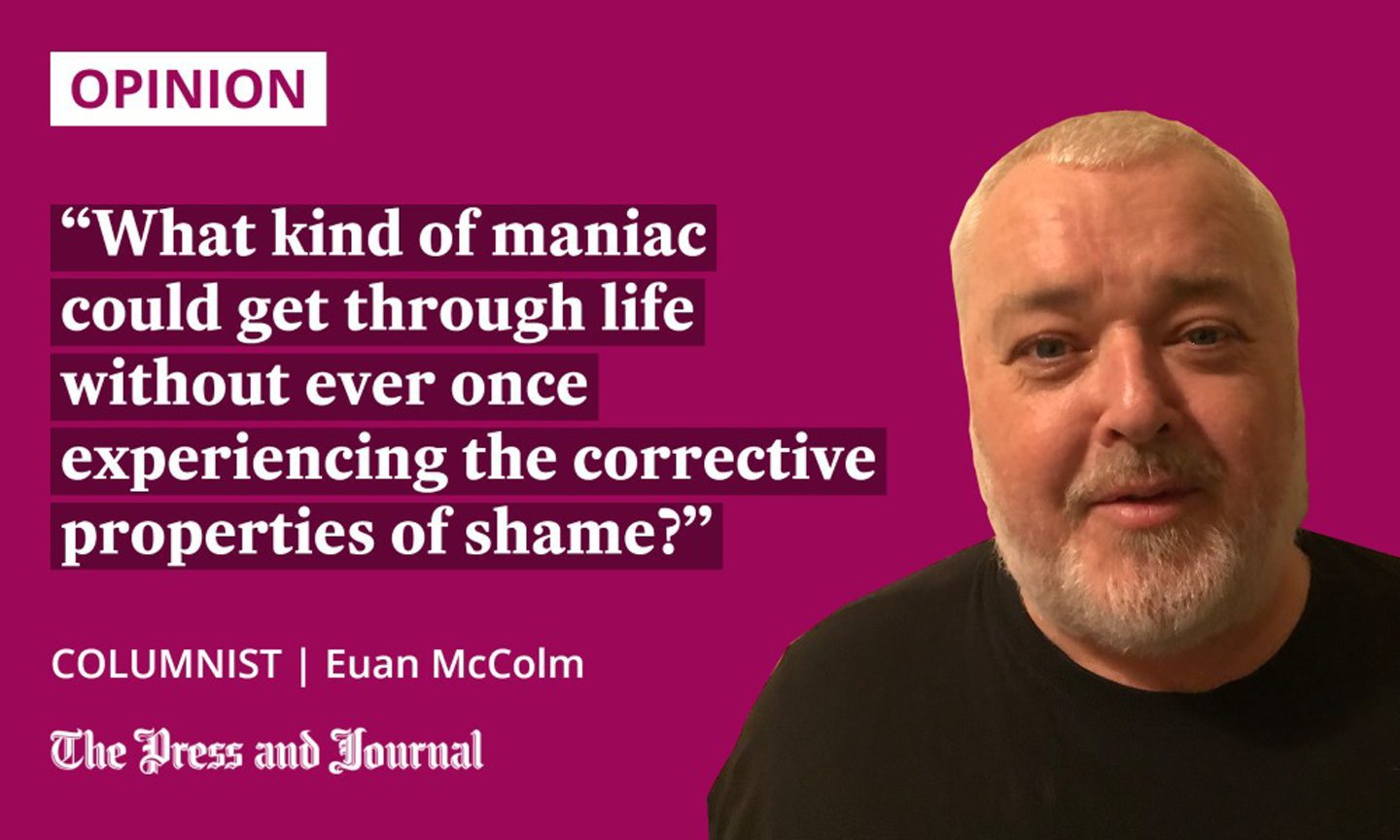
Sometimes I go right back to 1975 and the time I called my teacher “Mum”, but I’m just as likely to shudder my way through any number of moments from every stage of my life, right up until recent, and regrettable, dealings with a delivery driver.
For a long time, I wondered whether I was unique (what excruciating narcissism) in auditing my embarrassing moments but, having spoken to many friends about it over the years, I realise it’s very common indeed. To some degree or other, most of us reflect on our actions. It’s normal and – unless it gets wildly out of control – healthy.
I give you Boris Johnson, a man in desperate need of a long, dark night of the soul. And of a soul
If we want to become better people, then we have no option but to consider past behaviour. Remembering the times we fell short may help us become, kinder, more thoughtful, less cocky.
Johnson’s inability to feel shame appears pathological
Having realised I’m far from alone in revisiting awful moments from the past, I find the idea that someone might not do so positively weird. Who would bash on without ever giving themselves over to even a moment of self-reflection? What kind of maniac could get through life without ever once experiencing the corrective properties of shame?
You’re way ahead of me. Of course, I give you Boris Johnson, a man in desperate need of a long, dark night of the soul. And of a soul.
His inability to feel shame appears pathological. His refusal to acknowledge national anger over lockdown-breaking parties in Downing Street is so bizarre that it feels almost like a kink.
And then there are the loyal cabinet ministers who appeared on TV and radio on Monday, before and after Johnson won a confidence vote.
If Jacob Rees-Mogg or Nadhim Zahawi had the ability to reflect upon and learn from their behaviour, they would long ago have exited the political stage. Instead, they continued to debase themselves by supporting a prime minister whose relationship with the electorate is now one of mutual contempt.
There is, I suppose, one positive to be gleaned from the existence of this shameless government. The next time you’re cringing about some past interaction, simply remind yourself that you’ve never humiliated yourself as badly as Nadine Dorries does every time she opens her mouth to defend our wretched PM.
Euan McColm is a regular columnist for various Scottish newspapers
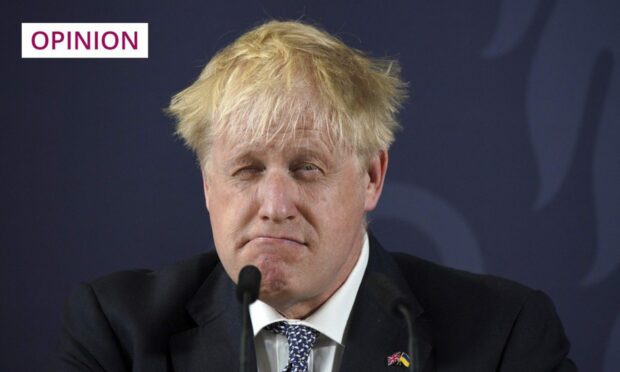
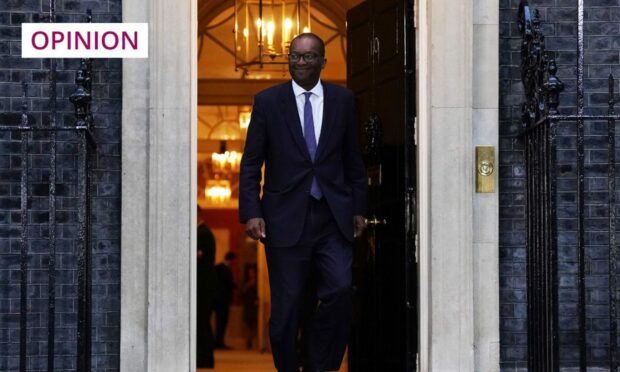

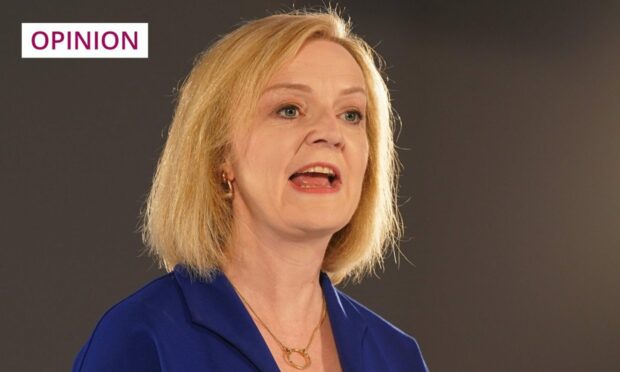

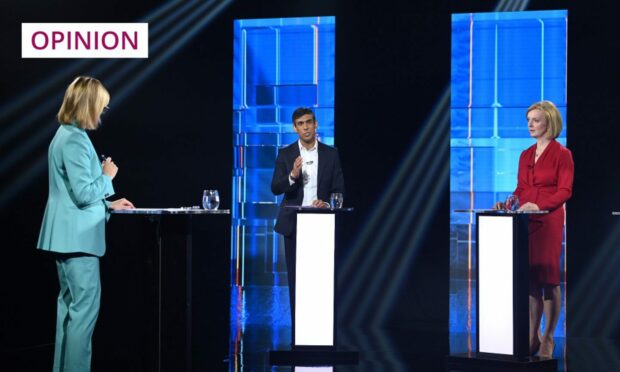
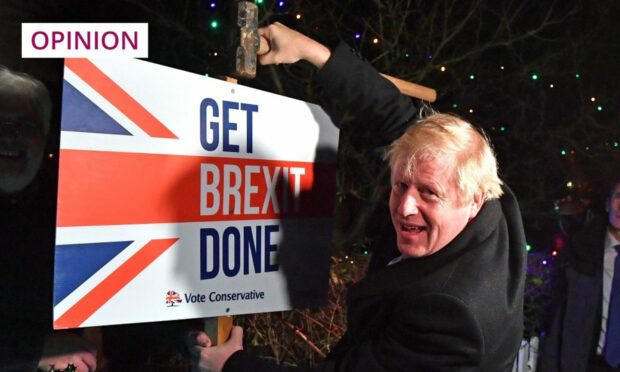
Conversation